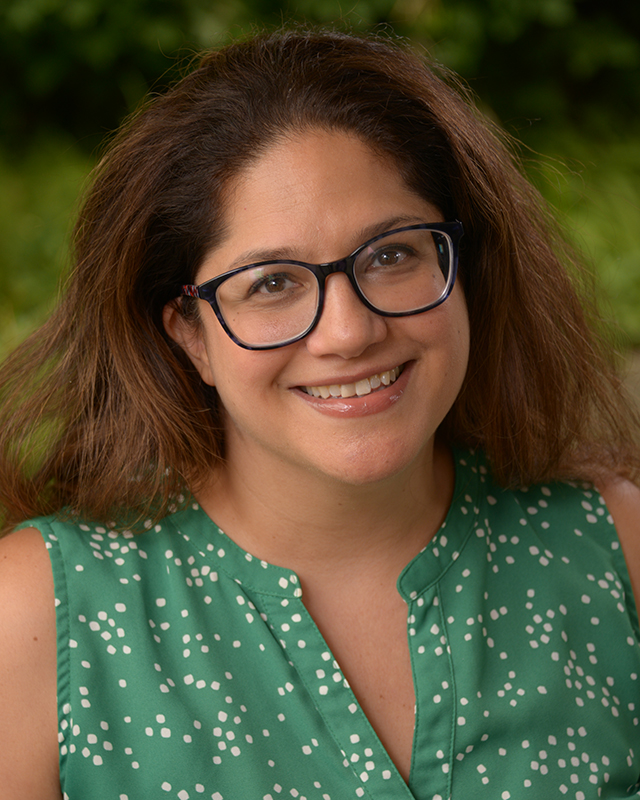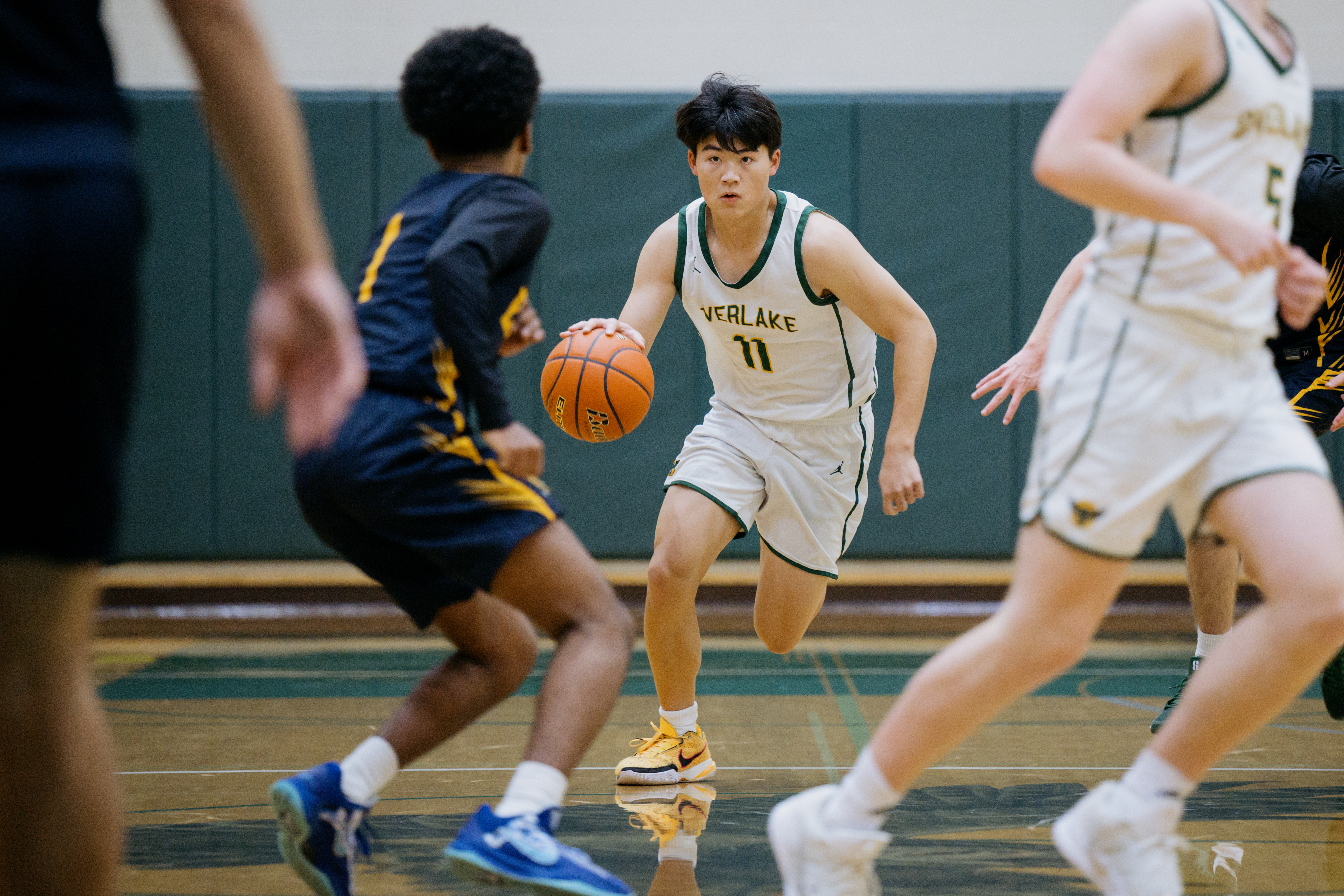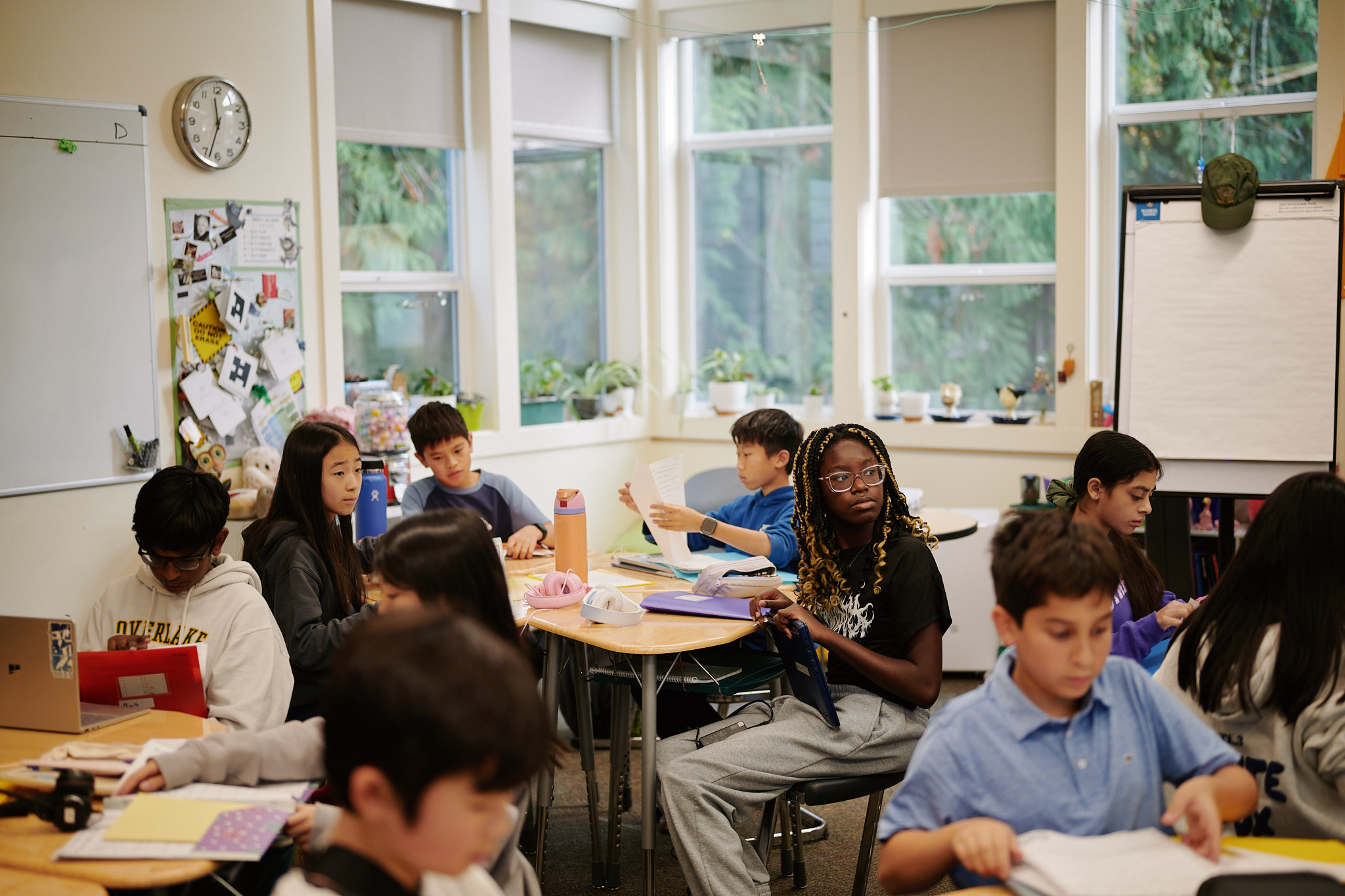At Overlake, we believe diversity strengthens our community and readies students to interact impactfully in our interconnected, complex world. This is evident in our programming, which reflects varied traditions, cultures, and perspectives. We're steadfast about creating a welcoming environment where every student, family, and employee feels they belong. Check out our Dashboard to see the diversity within our community.
Diversity and inclusion shape everything we do at Overlake. We integrate identity development and cultural responsiveness directly into our curriculum, classroom conversations, and community programs. This isn't a separate initiative or optional add-on. It's woven into the fabric of our teaching at every grade level, preparing students to understand themselves and engage openly with others in an increasingly diverse society.
We're committed to honoring the traditions and practices of our community members and ensuring that students feel seen, heard, and valued at Overlake.
Shared values amongst different backgrounds.



